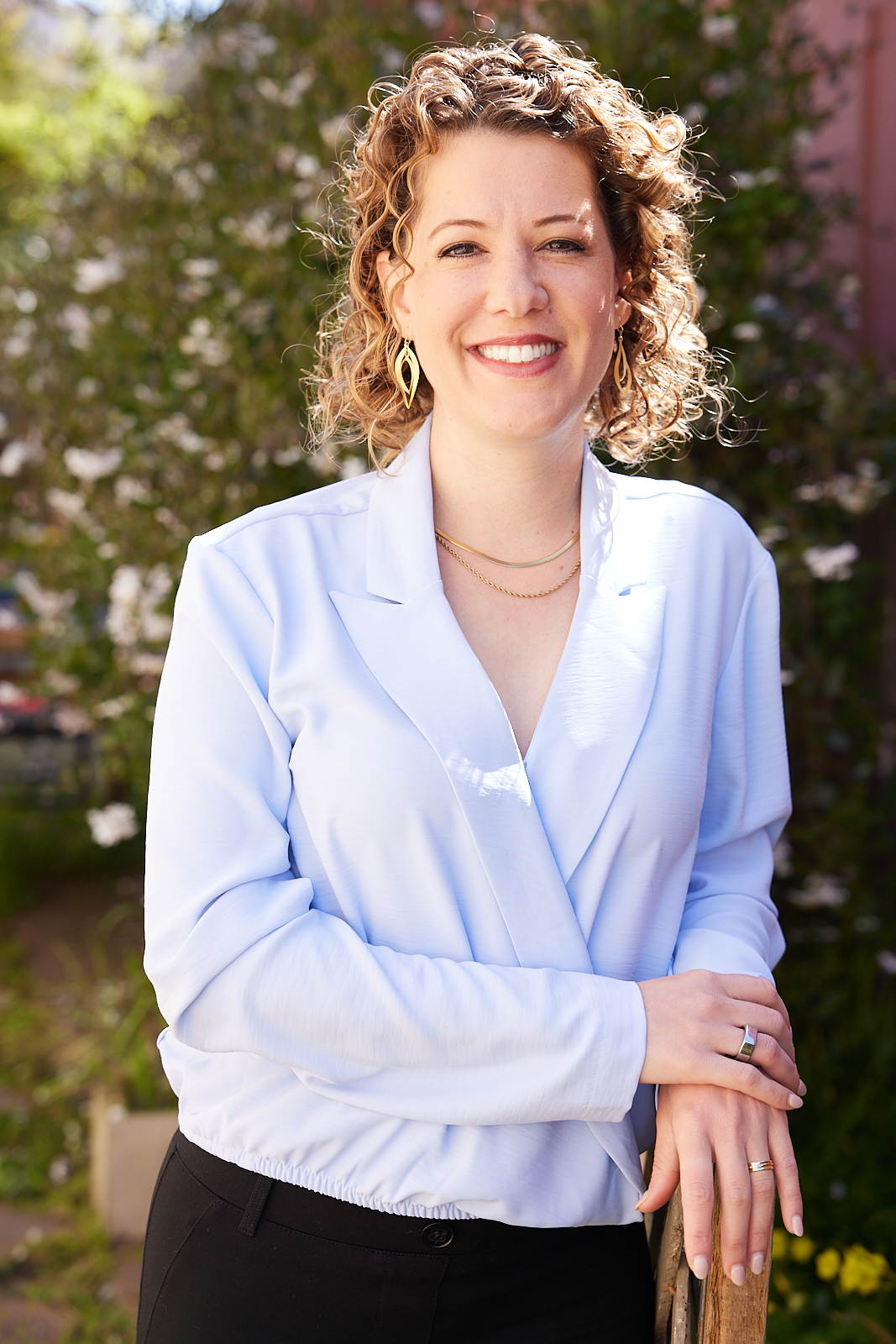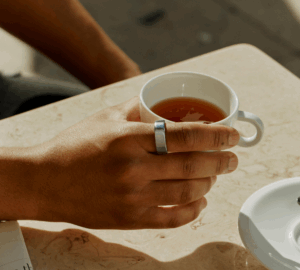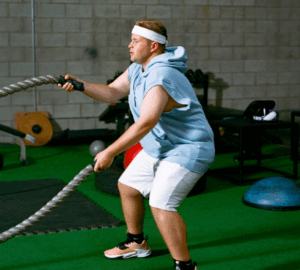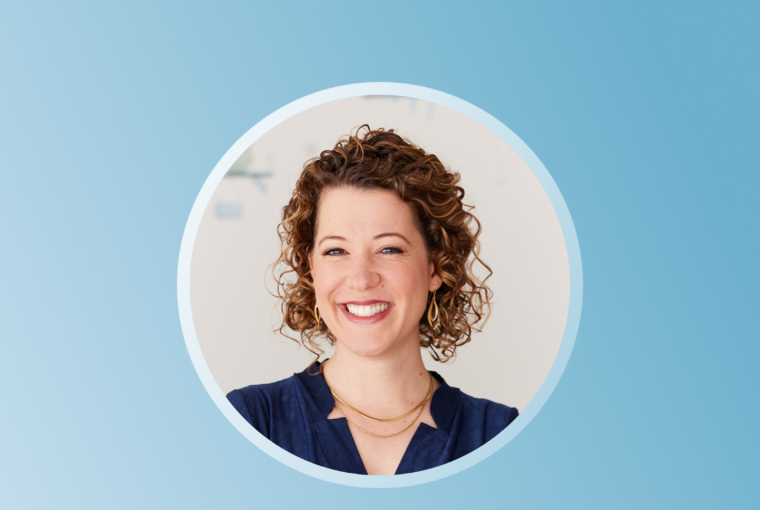Oura’s resident women’s health expert, Dr. Neta Gotlieb is a Senior Product Manager and Clinical Research Scientist who’s driven by a desire to support women with intuitive, useful features and easy-to-understand data and insights. At Oura, Dr. Gotlieb has led the teams who developed innovative women’s health features, such as Cycle Insights and Pregnancy Insights.
Dr. Gotlieb earned a Master’s Degree in Biological Psychology from Tel Aviv University and a PhD in Reproductive Neuroendocrinology from University of California Berkeley, where she focused on the neural regulation of menstrual cycles, pregnancy, and birth. She has also received the Women in Tech Global Technology Leadership Award.
A mother of two daughters, Dr. Gotlieb is the author of the children’s book, Every Body’s Brain.
Below, she shares more about her personal health story, what inspires her work at Oura, and her advice to other women.
What brought you to Oura?
I first learned about Oura when I was pregnant with my second daughter. I had a high-risk pregnancy and felt that I wasn’t getting the answers I was looking for from my doctors. A fellow scientist told me about Oura Ring, and shortly after, I started wearing it to track key vitals like my heart rate, heart rate variability, and body temperature.
Monitoring my biometrics offered me an insight into how my body was doing and gave me a sense of control, despite the uncertainty around my pregnancy.
Viewing through the lens of reproductive science, I realized that the technology in Oura Ring has tremendous potential for women’s health, both as a consumer product and as a research tool that can lead to groundbreaking scientific discoveries. So I reached out to the Oura team and pitched new features and research studies focusing on women’s health and reproductive physiology. That’s how I initially joined Oura as a research scientist, and I’m grateful that my role has continued to evolve over the years as we continue to innovate new ways to serve our female members.
Dr. Gotlieb shares the eye-opening experience during her pregnancy that led her to get an Oura Ring to track her own vitals.
What attracted you to a career in women’s health?
I grew up believing that women are equal members of society thanks to our mothers and grandmothers who fought hard for our rights. But my expectations were shattered time and time again as I went deeper into the realities of research and sex bias and learned that the data that underlie how our world operates lack the female perspective.
Women and people with uteri are underrepresented in medical research and frequently excluded from clinical drug trials. The implications are alarming: Women experience inadequate medical care, are misdiagnosed, suffer from adverse drug reactions, or have symptoms ascribed to mental health issues rather than medical conditions.
It’s a problem pertaining to every aspect of our lives — including medicine, car safety measures, recommended room temperatures, and even the height of the kitchen shelves. Solutions in all those areas are based on data that’s lacking female representation.
It was a discouraging realization for me, but the deeper I dug and the more I felt the impact on my own reality that discouragement turned into determination. Pursuing a career in women’s health wasn’t a choice for me; it felt like a responsibility I had to accept. I had the privilege of understanding complex physiological processes that directly impact women’s health, and I am driven by a necessity to create change in an area that desperately needs it.
Pursuing a career in women’s health wasn’t a choice for me; it felt like a responsibility I had to accept.
For many women, health is too often “a black box.” Why do you think this is, and what can we do to change this?

As girls and women, we’re not educated about our bodies. We’re taught about our period, period. We’re not taught about the cycle that our bodies go through every single month and how it impacts our entire body — or that perimenopause can start in your 30s.
The conversations around girls’ and women’s bodies are masked with euphemisms and surrounded by societal taboos, which makes pursuing body knowledge much harder. As a result, many women feel like they don’t know their own body and don’t feel comfortable talking about it or asking questions.
As recent surveys report: 1 in 10 women are unable to identify a diagram of a female reproductive system, and 1 in 4 don’t know the biological purpose of their menstrual cycle. Adding to that the layer of systemic bias and underrepresentation in research and healthcare, and the result is this “black box.”
But we can change that.
At the systemic level, we need education reform, integrating comprehensive health education into schools, adequate representation of all bodies in clinical trials, and increased research funding.
In addition, by leveraging technology like Oura Ring, women can better understand their bodies and make informed decisions about their health and wellbeing. We already see that happening with many of our members.
Inspiring stories about Oura members like Makenna, Felicity, and Julie are just a handful of examples of how people use Oura Ring to be in tune with their body. We have members reaching out to us every day to share how they better understand their body and care for themselves accordingly, it’s incredibly gratifying.
READ MORE: Oura’s Commitment to Prioritizing Women’s Health
What’s next for women’s health at Oura?
We’re constantly developing new, exciting features that will change the way women interact with their reproductive and overall health. These features seek to provide education, guidance, and support all in one place.
In addition to new features, we’re continuously iterating on current features Cycle Insights and Pregnancy Insights.
We are also investing in science, working with many research partners, including UC Berkeley, Stanford, and UC San Francisco. Oura is now being used in many large-scale research studies to help develop our current understanding of women’s health, including irregular menstrual cycles and PCOS, the impact of meditation on stress during pregnancy, temperature tracking in detecting conception, and labor prediction.
The positive feedback we are getting from our members continues to drive our commitment. We hear amazing stories from women who have discovered they are pregnant before it would even show up on a home test, women who have used Oura to get off hormonal birth control, manage menopause symptoms, and so much more. We continuously listen to our members and learn from their feedback.
Rapid-Fire Round…
Your advice for other female Oura members?
Body literacy is a precious gift. Listen to your body and be the expert in you.
Must-do morning ritual?
My morning smoothie.
Bedtime routine for good sleep?
Creating a no-screen buffer between the day’s events and bedtime.
One bad habit Oura’s helped you break?
Late eating. Seeing how much late meals and late snacking impair my sleep led me to be more mindful of meal times. I sleep significantly better when I stop eating by 7 pm.
Tip to avoid the afternoon energy slump?
Food sequencing — eating vegetables and proteins before carbs.
Surprising side interest or hobby?
Building terrariums.
RELATED: How to Use Oura Temperature Trends to Track Your Cycle
Photo Credit: Jen Siska




